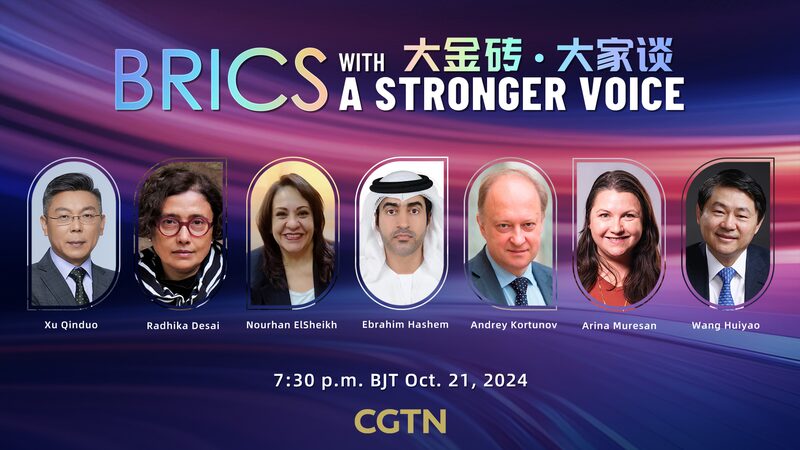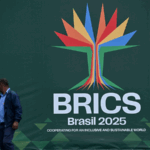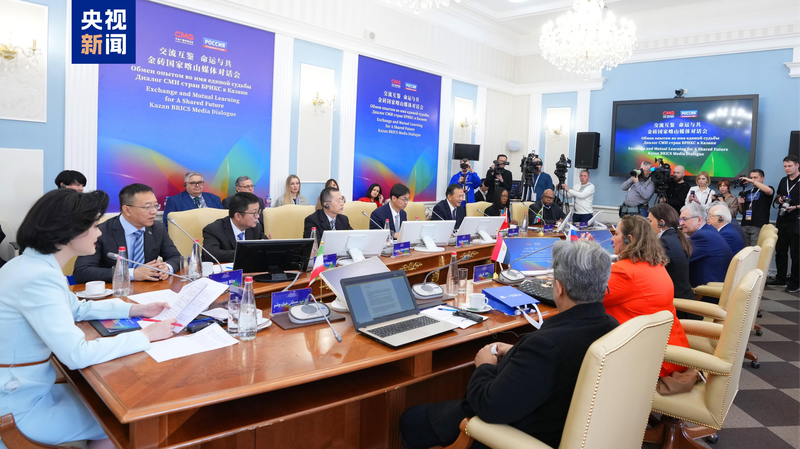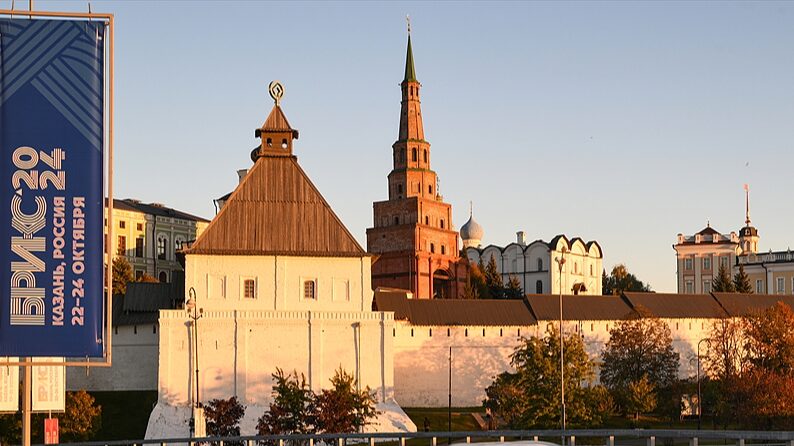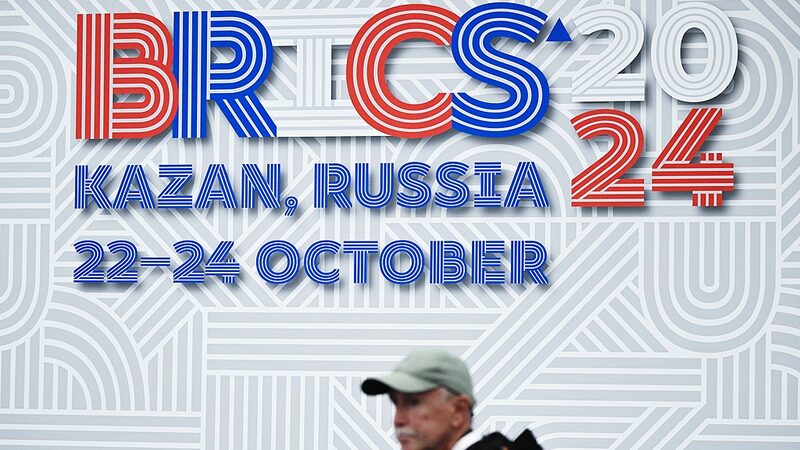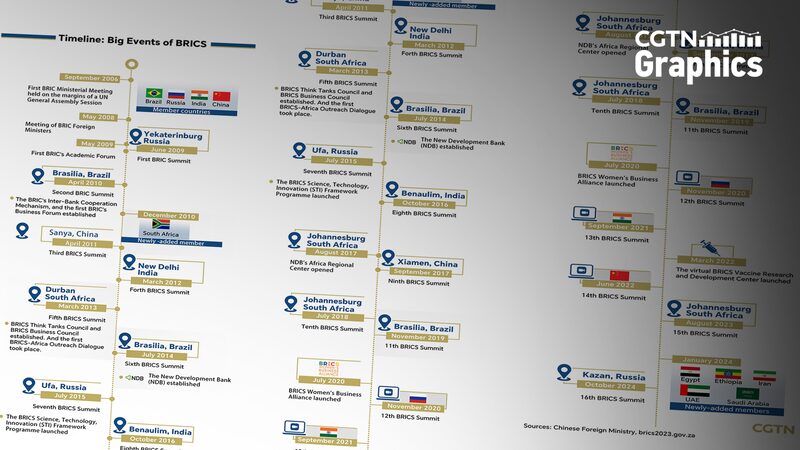🔥 Exciting times in the world of global politics! Russia is set to host the first-ever Greater BRICS summit in Kazan, the vibrant capital of the Republic of Tatarstan. This historic event marks the expansion of BRICS with new members Saudi Arabia, Egypt, the United Arab Emirates, Iran, and Ethiopia joining the ranks.
💼 With this expansion, Greater BRICS now surpasses the G7 in terms of GDP, signaling a significant shift in global economic power. Moreover, over 30 countries have already shown interest in joining the bloc, highlighting BRICS' growing appeal.
🤔 So, why is BRICS becoming so popular? Experts suggest it's a combination of economic potential, political collaboration, and a desire for a more balanced international order. The historic expansion introduces new requirements for the BRICS mechanism, aiming to enhance cooperation and ensure sustainable growth among its diverse members.
🌐 But with its increasing influence, is Greater BRICS positioning itself as a serious contender to the Western-dominated international order? Many believe that BRICS' collective strength and strategic initiatives could reshape global dynamics, offering an alternative platform for international collaboration.
🎙️ In this episode, we dive deep into these questions with insights from top experts:
- Wang Huiyao, President of the Center for China and Globalization
- Andrey Kortunov, Academic Director of the Russian International Affairs Council
- Prof. Radhika Desai from the Department of Political Studies at the University of Manitoba
- Arina Muresan, Senior Researcher at the Institute for Global Dialogue
- Ebrahim Hashem, China-based Strategist and Scholar
- Prof. Nourhan ElSheikh from the International Relations Department of Cairo University
✨ Stay tuned as we explore the implications of Greater BRICS' rise and what it means for the future of global relations!
Reference(s):
cgtn.com
